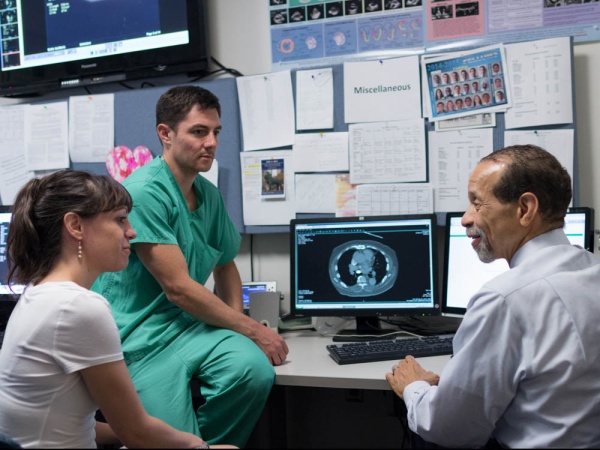
Take the next step in your medical career at Rush University. We offer a wide range of accredited residency programs to fit your specialty and interest. At Rush, you will work in a team-based environment in our state-of-the-art medical center and other locations, providing care to diverse patient populations.
